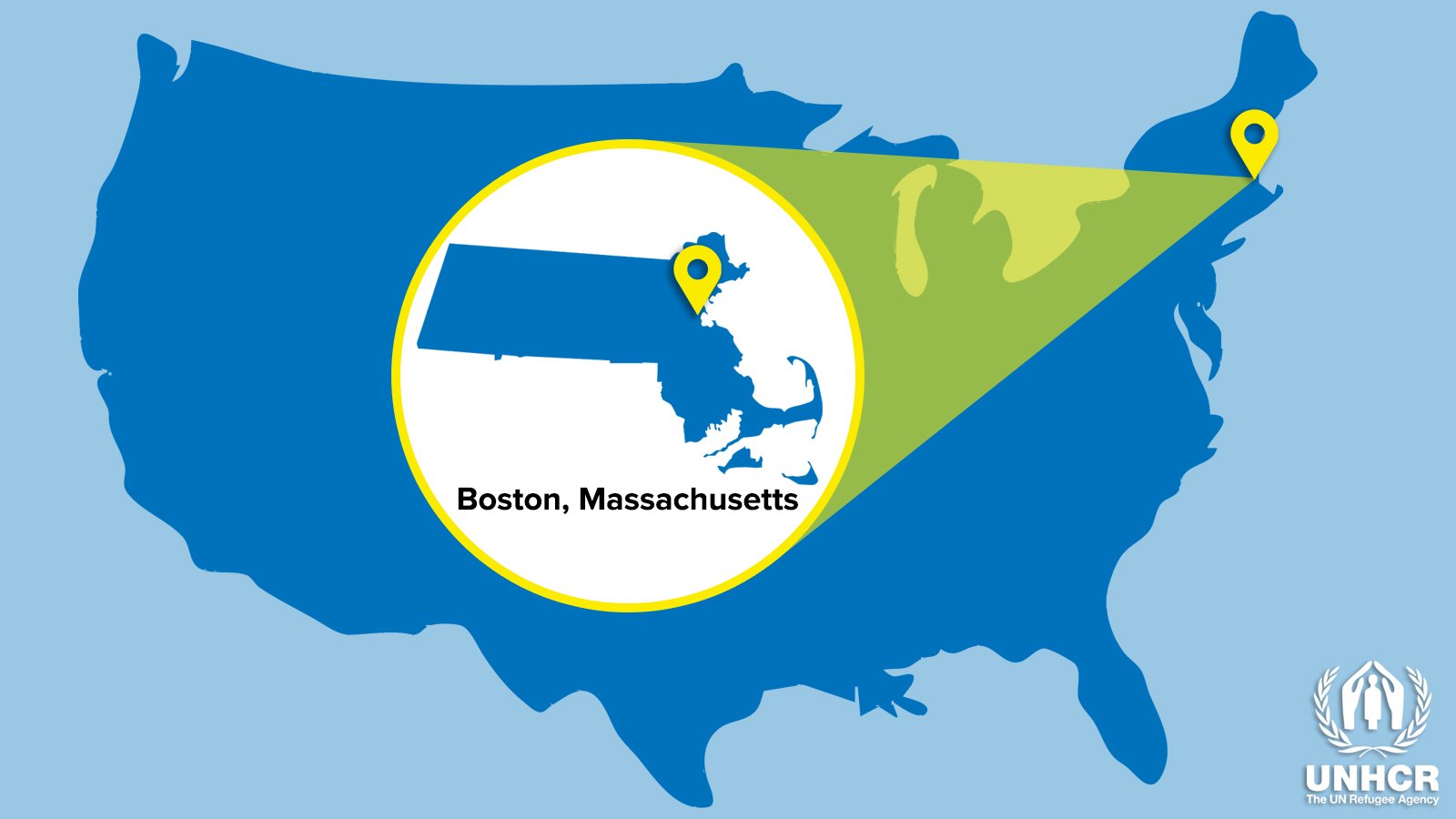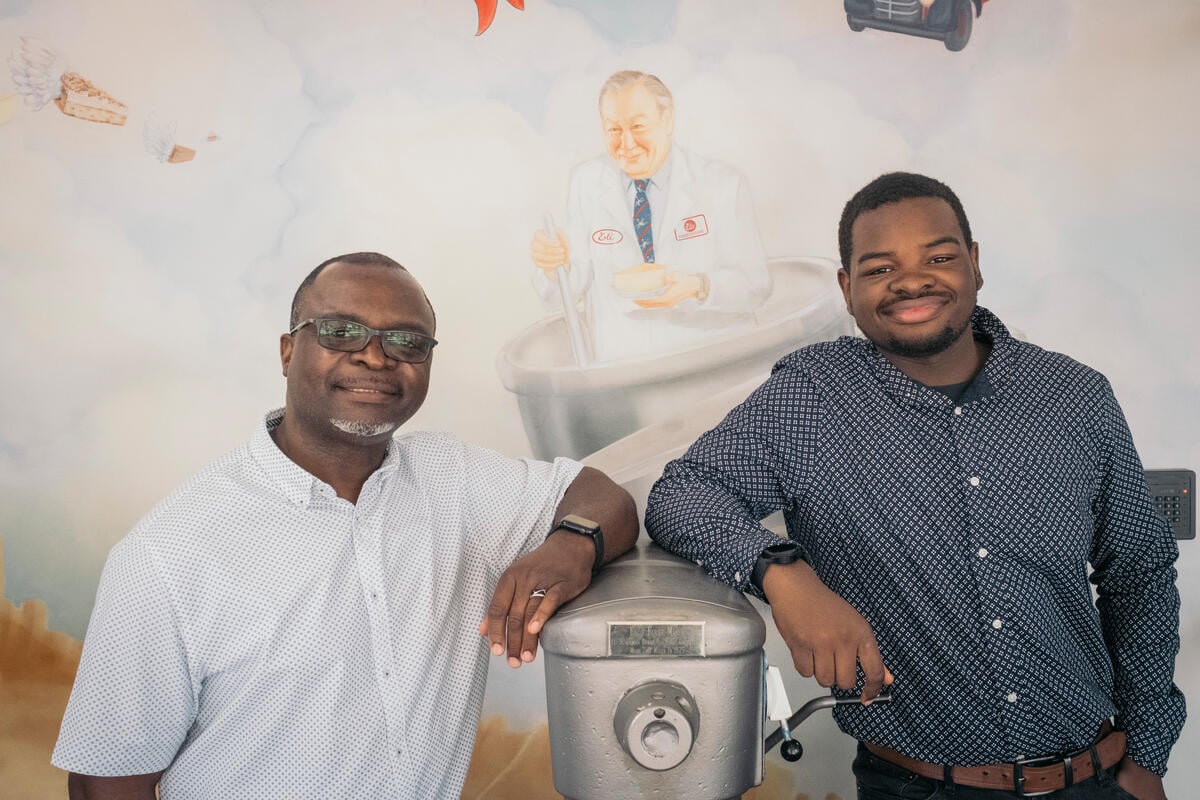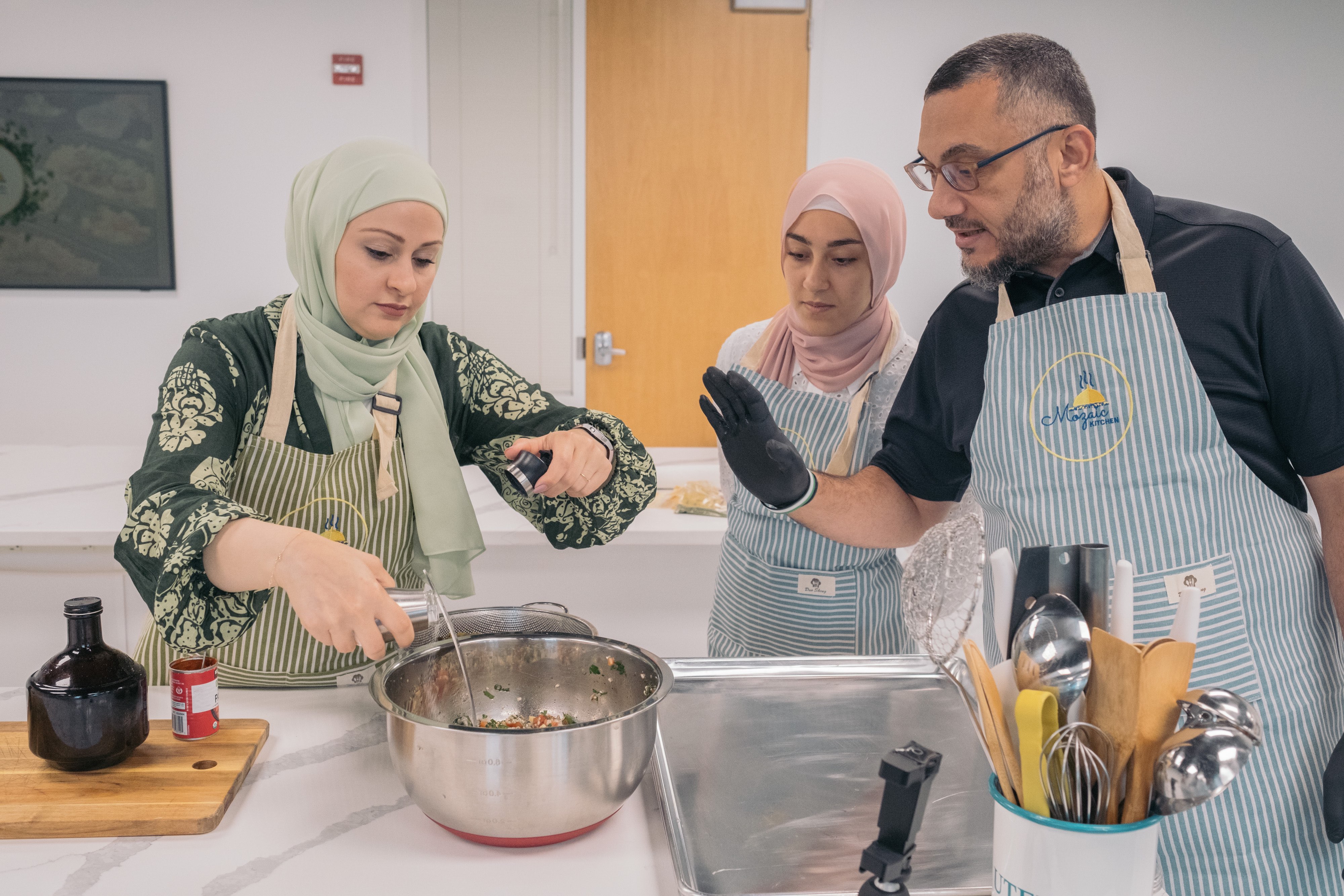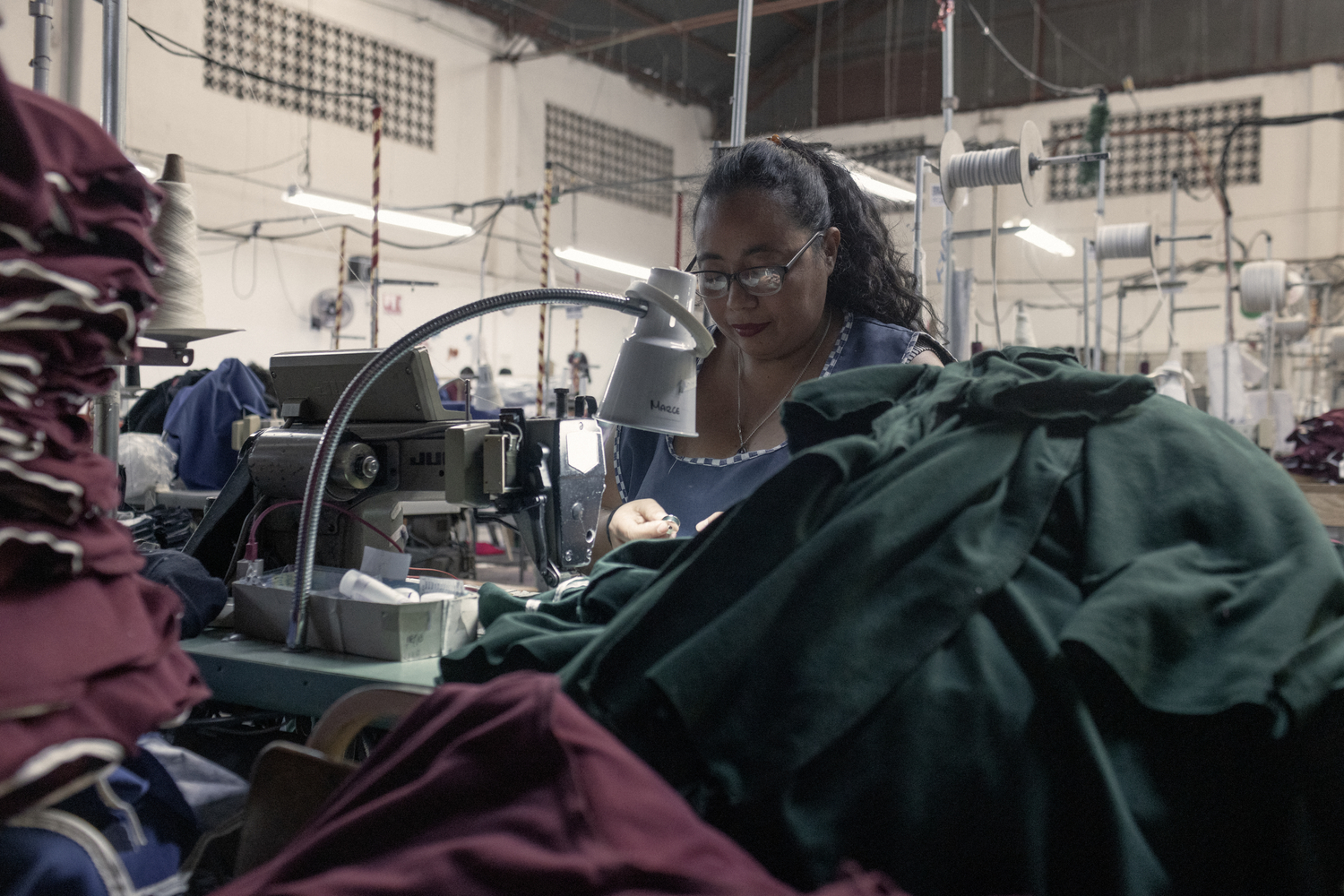Building lasting policy change through refugee inclusion in Boston
Building lasting policy change through refugee inclusion in Boston

When refugees arrive in a new country, they most often make their homes and rebuild their lives in cities. When these cities stand in solidarity with people forced to flee and adopt policies that welcome them, they create the empowering environment for refugees to truly thrive through social, economic, and political inclusion. Boston, Massachusetts is an excellent example of a city embracing this responsibility – ensuring refugees and immigrants are leading the local government’s efforts to welcome newcomers.
Mayor Michelle Wu, a daughter of immigrants, was the first woman, first person of color and first Asian-American elected to serve as mayor of Boston in 2021. Upon taking office, she made it a priority to build a cabinet that reflects the population of the city it serves. This includes refugees and immigrants. By bringing individuals with lived experiences to leadership positions in city government, Mayor Wu is ensuring that the voices of these communities are not only heard but actively shaping policies and programs. This creates a platform for refugees and immigrants to lead initiatives that directly impact their communities.
Newcomers today are the leaders of tomorrow
Monique Tú Nguyen is a daughter of refugees who fled war in Viet Nam to Vancouver, British Columbia. As Executive Director of the Mayor’s Office for Immigrant Advancement, she helps advance the economic empowerment, civic ownership and social integration for refugees and immigrants in Boston.
“To build a city for the future, we think of refugees and immigrants today as the leaders of tomorrow,” Tú Nyugen says. “We want to support culture-shifting work that creates long-lasting policy change to ensure that there is inclusion and integration of refugees and immigrants.”

Monique Tú Nguyen speaks on a panel at the Cities Summit of the Americas in 2023, discussing the role of local governments in the reception and integration of refugees.
Long-lasting policy change led by refugees is the type of work that the Global Compact on Refugees coordinates and creates a framework for on a global scale. The compact, adopted by the United Nations General Assembly in 2018, transforms the way the international community responds to refugee situations by supporting a collaborative approach among stakeholders to come together and find collective solutions that help refugees and host communities. This includes pledges and good practices at the local level like in cities and counties.
Under the leadership of Mayor Wu’s office, Boston embraced the principles outlined in the Global Compact on Refugees and became the first city in the United States to sign a pledge, demonstrating a commitment to ensuring the successful integration and empowerment of refugees and asylum seekers. The city’s pledge outlines programs and solutions that include refugees in decision-making and develop the next generation of civic leadership and promote access to education and employment.
Local solutions that have global impact
One of the solutions the city of Boston pledged to the Global Compact is the Immigrant Professionals Fellowship, a public-private partnership that provides workforce development training for refugees and immigrants who have a background in health care. Participants are given training and career coaching and then placed in three-month fellowships with local hospitals to gain U.S. work experience. Employers gain qualified workers that meet the multicultural needs of their patient population, while refugees and immigrants gain the work experience they need in the U.S. to adapt their skills and training.
Another program, Immigrants Lead Boston, fosters civic engagement in refugee and immigrant populations with educational courses that encourage shared and equitable ownership in city government. Participants attend public meetings and are trained in community organizing and civic leadership to critically engage in the local policies and programs that most affect their communities.
Mariangely Solis Cervera, Boston’s Chief of Equity and Inclusion, says that these types of programs, “create a sense of belonging and shared responsibility for our refugee and immigrant residents. Workforce development partnerships help refugees and immigrants access opportunities to provide for their families and loved ones. Similarly, pathways for civic engagement like our Immigrants Lead Boston program can create the conditions for residents to affect lasting, systemic change.”
By empowering refugees to take the lead, Boston is fostering a sense of ownership and trust in the programs and services designed to support fellow refugees. This visionary step not only provides meaningful employment opportunities but also paves the way for a more inclusive and representative government that works hand in hand with those it serves.
In a world where forced displacement has become a pressing issue, Boston is an example of how a city can embrace the principles of the Global Compact on Refugees and develop local solutions that work for the successful integration and empowerment of refugees and asylum seekers.









